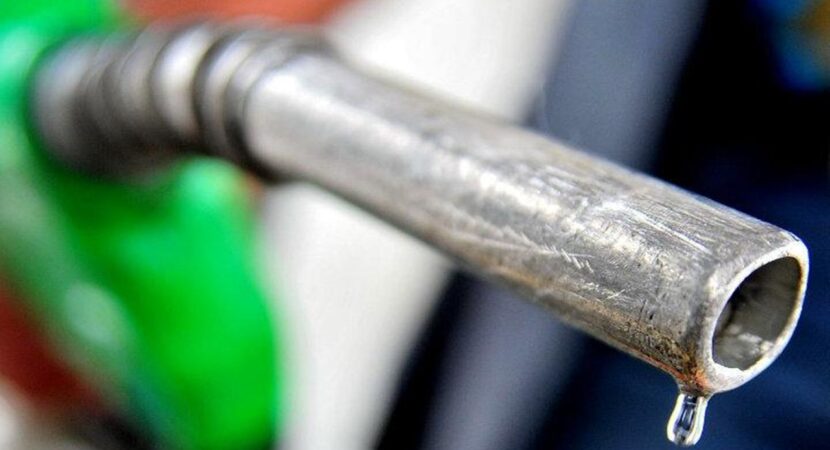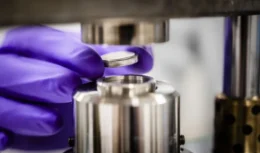
Federal University of Espírito Santo (Ufes) wins a patent for a process that turns coconut shells into ethanol. The discovery could revolutionize renewable energy in the world
“Innovative” and “highly sustainable” process in the area of biotechnology, created by the Federal University of Espírito Santo (Ufes), turns coconut shell into ethanol and can revolutionize the world of renewable energy! The new and seventh Ufes patent was granted on April 29, by the National Institute of Industrial Property (Inpi).
Read also
- Demand for ethanol and gasoline plummets while diesel consumption soars in Brazil
- 308 job openings to work at the multinational Ambev, the largest brewery on the planet, today May 14
- Fafen fertilizer factory, in Sergipe, reopens with full-throttle production, generates 500 jobs and will open more than 1000 vacancies
- Looking for a job? Pepsico invites candidates without experience in all areas for vacancies in its factories in SP, RJ, BA and PE in its internship program
- Direct sale of ethanol from plants is approved by the CCJ and promises to stimulate competition and curb the increase in gasoline prices at gas stations
- Loyalty to the brand at gas stations will end and the sale of fuel via delivery will be released; measure can reduce the price of gasoline by up to 50 cents per liter!
The transformation of green coconut shell into ethanol was developed by the Laboratory of Biotechnology Applied to Agribusiness, linked to the Graduate Program in Biotechnology at Wow. Doctoral student Érica Albuquerque and professors Antônio Alberto Fernandes and Patrícia Fernandes participated in the initiative.
According to Professor Fernandes, “The process uses cellulase enzymes under high hydrostatic pressure and moderate temperature for cellulosic activity as part of the saccharification process to produce cellulosic bioethanol. The method can be used in the biofuel industry, which uses enzymatic hydrolysis as part of the saccharification process for ethanol production”.
“The process is an economically viable alternative in the search for alternative sources of ethanol. In addition, it provides for the use and disposal of waste generated by agro-industrial activity”, indicates the university through a note.
In an interview with Rádio CBN Vitória, professor Antônio Alberto pointed out that the patent uses a material that is very common on the beach in Espírito Santo, which, according to him, can produce 500 tons of bark per month!
Mixing hydrogen with ethanol promises to revolutionize performance and reduce fuel consumption in flex-fuel engines
Another great Brazilian survey was recently approved! The approved project aims to improve the energy efficiency of flex-fuel engines, using the hydrogen enrichment technique, extracted by catalytic reforming inside the vehicle. The technology combines ethanol and hydrogen to improve engine performance and reduce pollutant emissions.
The partnership agreement signed between the FEI University Center and the Federal Government's Priority Program Rota 2030, the goal is to stimulate technological development and increase the competitiveness of the domestic vehicle industry.
“The ethanol-hydrogen mixture has the advantage of being able to be applied directly to the engine without major structural modifications. In addition to meeting a demand from the Brazilian automotive industry, the project has the potential to mobilize several productive sectors, including the chemical, petrochemical and materials sectors, favoring the development of national technologies, market expansion and exploration of new industrial applications. ”, explains professor Ricardo Belchior Torres, general coordinator of the program and of the chemical engineering course at FEI.
The project will receive an investment of BRL 3 million from the Research Development Foundation (Fundep), and around BRL 2,4 million from the private sector and participating ICTs (Science and Technology Institutions).
Raízen, from the Shell Group, wants to build three plants producing ethanol made from sugarcane bagasse and straw
Raízen, the giant global producer of ethanol in partnership with Shell, intends to build three more cellulosic – or second-generation – ethanol plants. The good news was announced by businessman Rubens Ometto, from Cosan, last Monday (15/03)
The technology for producing cellulosic ethanol emerged from a partnership between Shell and the Canadian company Logen, specialized in biotechnology. In the past harvest (2019/20), the Piracicaba unit produced 226 liters of ethanol for each ton of dry biomass.












